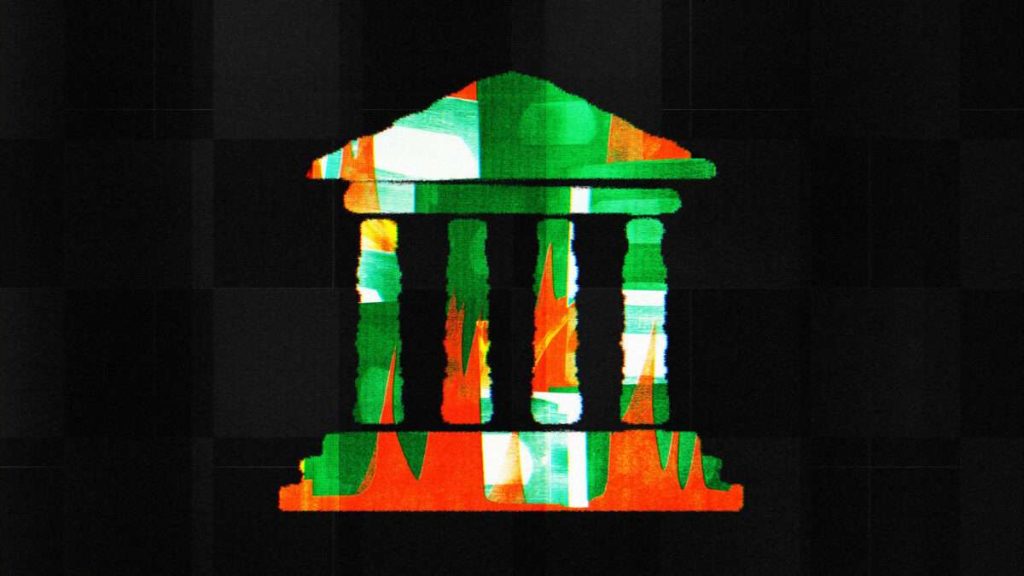In 2024, the federal budget deficit is estimated to reach nearly $2 trillion, according to new projections released by the Congressional Budget Office (CBO) this week. In February, the agency predicted that the deficit would only be $1.58 trillion. However, spending increases have caused the projected deficit to increase by $400 billion, a staggering 27 percent hike.
According to the CBO, 80 percent of the spike in the deficit can be blamed on four sources of government spending.
The largest source, responsible for $145 billion of the increase, is changes to the federal student loan program that have resulted in massive waves of federal student loan forgiveness and increased forgiveness going forward.
Second, the CBO’s report details how the costs for “deposit insurance have increased by about $70 billion because the Federal Deposit Insurance Corporation (FDIC) is not recovering payments it made when resolving bank failures in 2023 and 2024 as quickly as CBO previously anticipated.”
Third, an additional $60 billion in cost increases came from additional legislation. And lastly, $50 billion in increased spending came from higher-than-expected Medicaid costs.
The long-term outlook for the budget deficit has increased too. In February, the CBO estimated that in 2034, the deficit would climb to $2.5 trillion. Its latest estimate now places that number as over $2.8 trillion.
“For the 2025–2034 period, CBO now projects that if current laws generally remained unchanged, the cumulative deficit would be $22.1 trillion. That amount is $2.1 trillion (or 10 percent) more than the $20.0 trillion the agency projected this past February,” reads the CBO’s report. “Measured in relation to the size of the economy, federal debt at the end of 2034 is now projected to equal 122 percent of gross domestic product (GDP); in February, debt at the end of that year was projected to equal 116 percent of GDP.”
If the deficit continues to increase as the CBO predicts, the outcome could be disastrous.
“As debt grows unabated, there is the risk of a sudden loss of confidence in bond markets, with investors demanding much higher interest rates that could trigger a debt doom loop and broader fiscal crisis,” Cato Institute researchers Romina Boccia and Dominik Lett warned this week. “Congress and the Biden administration should cut spending now while the economy is growing and conditions are favorable for deficit reduction, alleviating pressure on interest rates and the federal debt to grow, and before a fiscal crisis forces their hands.”
The post Federal Budget Deficit Forecast Jumps $400 Billion, Fueled by Student Debt Forgiveness appeared first on Reason.com.







